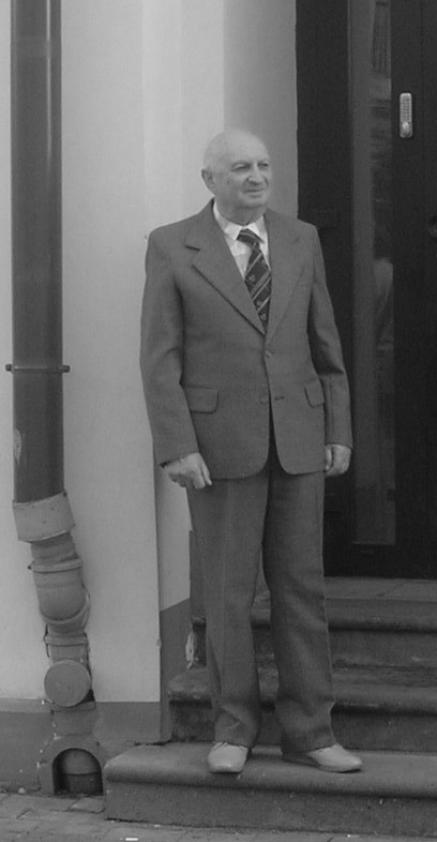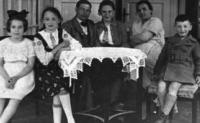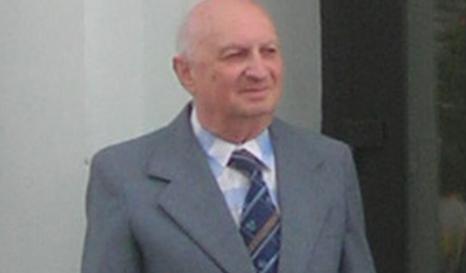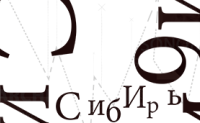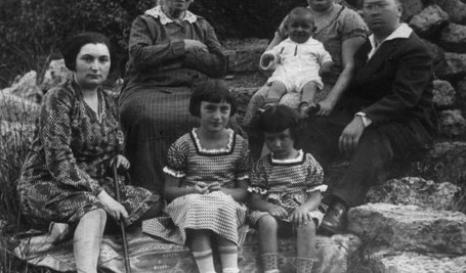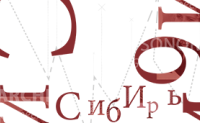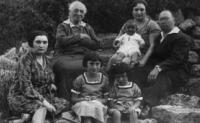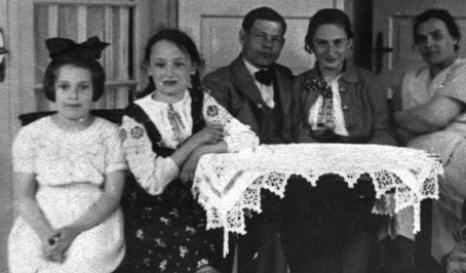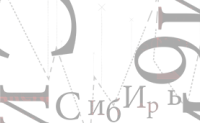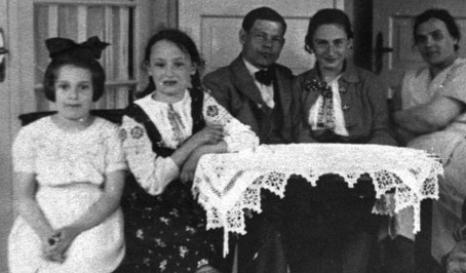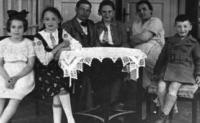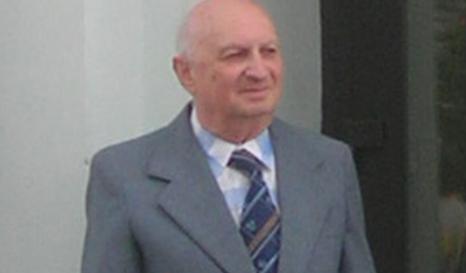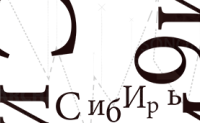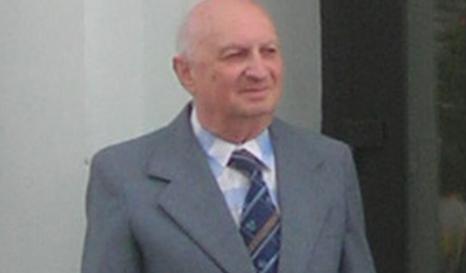BioGraphy
Jacow SHATS
Jakow Shats was born in Riga, Latvia, in 1929 to a well-off middle-class Riga family; his father was a pharmacist, they lived in a fine flat in the city centre and every year moved out to their house in Jūrmala on the Baltic coast.
They were deported on the night of 14 June 1941 to the Krasnoyarsk region. His father was sentenced to hard labour as a “socially dangerous element” and separated from them to be sent to a camp. But by good luck, during the night the railway workers didn’t manage to uncouple the men’s carriage from the train and on arrival many families were reunited.
Her parents were set to forestry work, Jakow spent his days in the hut, because he had no warm clothes to go out or go to school in. Life was harsh, the days were long and sad, his parents’ distress upset the boy’s life and in the summer he joined in with the farm work to help the family survive through the hard war years.
His paternal uncle was a journalist and at the end of the war managed to get them released by demonstrating the charity work that Jakow’s father had done for political prisoners in pre-war Latvia.
In 1946, they were allowed to return to Riga, they could not get their flat back, but his father was able to resume his work in a pharmacy and Jakow completed his studies, became an engineer and started a family. With Latvian independence he got his house in Jūrmala back and since then he has spent his summers there with his wife.
The interview with Jakow Shats was conducted in 2012 by Marta Craveri and Juliette Denis


